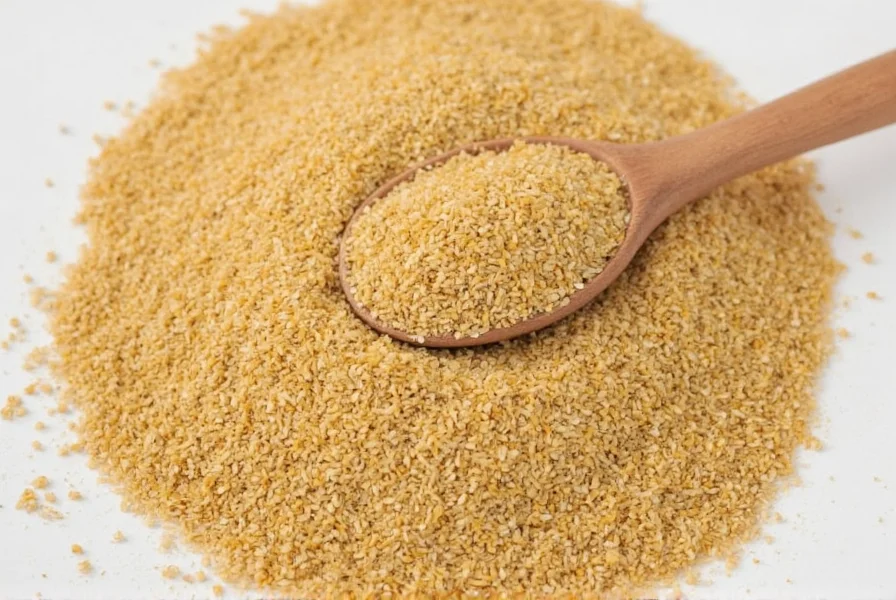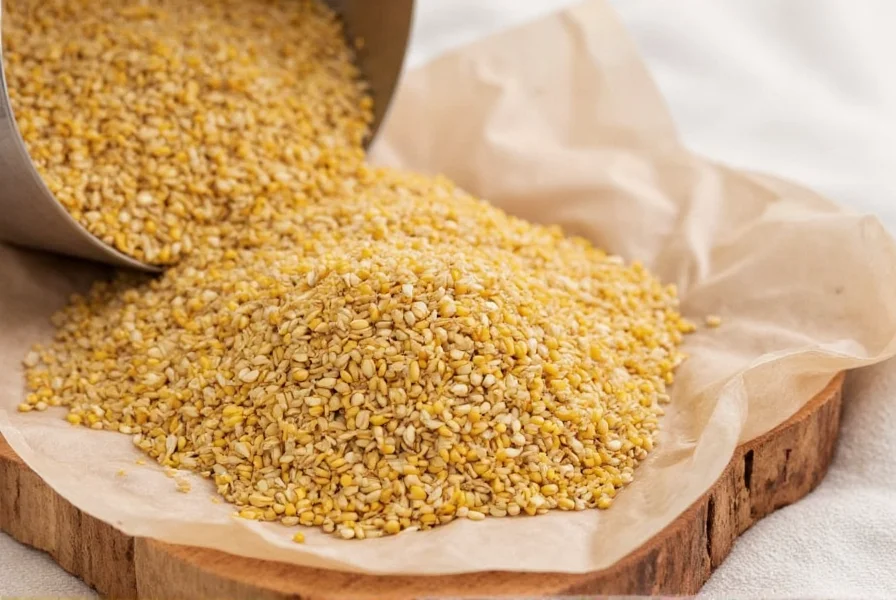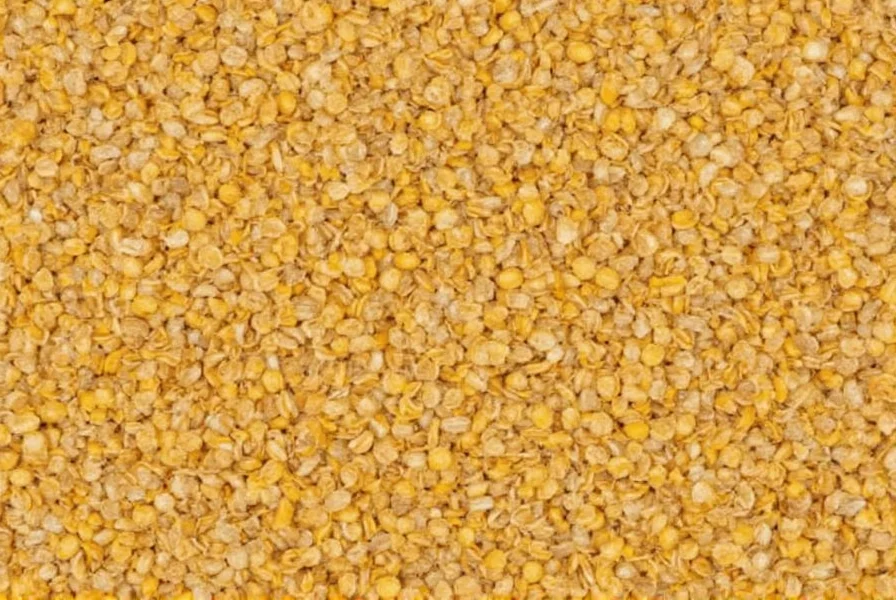Fenugreek has been utilized in Ayurvedic and traditional Chinese medicine for thousands of years, but modern science is now validating many of its purported health benefits. This versatile herb, native to the Mediterranean and South Asia, contains bioactive compounds like diosgenin, 4-hydroxyisoleucine, and galactomannan fiber that contribute to its therapeutic effects.
Primary Health Benefits of Fenugreek
Multiple clinical studies have investigated fenugreek's effects on human health, revealing several evidence-backed benefits:
| Benefit | Scientific Evidence | Recommended Dosage |
|---|---|---|
| Blood Sugar Regulation | Multiple studies show fenugreek can reduce fasting blood glucose by 14-26% in people with type 2 diabetes | 5-50 grams of defatted fenugreek seed powder daily |
| Lactation Support | Research indicates increased milk production in breastfeeding mothers within 24-72 hours of use | 500-1,000 mg capsules two to three times daily |
| Testosterone and Libido | Studies show modest increases in testosterone and improved sexual function in men | 500-600 mg standardized extract daily |
| Cholesterol Management | May reduce LDL cholesterol by 10-15% and triglycerides by 14-25% | 18-25 grams of fenugreek seed daily |
How Fenugreek Works: Mechanisms of Action
The blood sugar regulation properties of fenugreek primarily come from its high fiber content and specific compounds that slow carbohydrate digestion and absorption. The 4-hydroxyisoleucine amino acid in fenugreek stimulates insulin secretion and improves insulin sensitivity, making it particularly beneficial for people with insulin resistance.
For lactation support, fenugreek contains phytoestrogens that may stimulate milk ducts and increase prolactin production. Many breastfeeding mothers report noticeable increases in milk supply within days of starting fenugreek supplementation.
The herb's potential testosterone-boosting effects appear related to its saponin content, which may stimulate luteinizing hormone production, subsequently increasing testosterone synthesis. Athletes sometimes use fenugreek to potentially enhance strength and muscle mass.

Scientific Evidence Behind Fenugreek's Effects
A 2020 systematic review published in Phytotherapy Research analyzed 15 clinical trials on fenugreek for diabetes management. The review concluded that fenugreek supplementation significantly reduced fasting blood glucose, postprandial glucose, and HbA1c levels compared to control groups.
Regarding lactation, a double-blind, placebo-controlled study in the Journal of Alternative and Complementary Medicine found that mothers taking fenugreek experienced a 56% increase in milk production compared to a 17% increase in the placebo group after 72 hours.
For testosterone enhancement, research published in Phytotherapy Research showed that men taking 500 mg of fenugreek extract daily for 12 weeks experienced significant improvements in libido, sexual performance, and free testosterone levels compared to placebo.
Forms and Proper Dosage of Fenugreek
Fenugreek is available in several forms:
- Seeds: Can be soaked, sprouted, or used whole in cooking
- Powder: Made from ground seeds, often used in traditional remedies
- Capsules: Standardized extracts providing consistent dosing
- Tea: Brewed from seeds or leaves
- Essential oil: Used topically (not for internal consumption)
Effective dosages vary based on the intended use:
- Blood sugar management: 5-50 grams of defatted seed powder daily
- Lactation support: 500-1,000 mg capsules two to three times daily
- Testosterone enhancement: 500-600 mg standardized extract daily
- Cholesterol management: 18-25 grams of whole seed daily

Potential Side Effects and Safety Considerations
While generally safe when used appropriately, fenugreek can cause:
- Mild digestive issues (gas, diarrhea) at higher doses
- Maple syrup-like body odor (due to sotolone compound)
- Allergic reactions in people sensitive to peanuts or chickpeas
- Hypoglycemia when combined with diabetes medications
Certain populations should exercise caution or avoid fenugreek:
- Pregnant women (may stimulate uterine contractions)
- People taking blood thinners (potential interaction)
- Individuals with hormone-sensitive conditions
- Those scheduled for surgery (may affect blood sugar control)
Always consult with a healthcare provider before starting fenugreek supplementation, especially if you have medical conditions or take medications.
Conclusion: Understanding Fenugreek's Role in Health
Fenugreek offers several evidence-supported health benefits, particularly for blood sugar regulation, lactation support, and potentially testosterone enhancement. While not a miracle cure, it can be a valuable addition to a comprehensive health approach when used appropriately. The key to experiencing what fenugreek does effectively lies in using the right form and dosage for your specific health goals while being aware of potential interactions and side effects.
Frequently Asked Questions
How quickly does fenugreek work for increasing milk supply?
Many breastfeeding mothers notice increased milk production within 24-72 hours of starting fenugreek supplementation at the recommended dosage of 500-1,000 mg two to three times daily. However, individual responses vary, and some women may not experience significant changes.
Can fenugreek lower blood sugar too much?
Yes, fenugreek can potentially lower blood sugar to unsafe levels, especially when combined with diabetes medications. People with diabetes should monitor their blood glucose closely when using fenugreek and consult their healthcare provider about appropriate medication adjustments.
What's the difference between fenugreek seeds and fenugreek extract?
Fenugreek seeds contain the whole plant material, while extracts are concentrated forms that isolate specific compounds. Extracts typically provide more consistent dosing of active ingredients like 4-hydroxyisoleucine. For blood sugar management, standardized extracts may be more effective than whole seeds due to higher concentrations of key compounds.
Does fenugreek help with weight loss?
Research on fenugreek for weight loss is limited and inconclusive. Some studies suggest it may promote satiety due to its high fiber content, potentially reducing calorie intake. However, fenugreek should not be considered a primary weight loss solution, and evidence for significant weight reduction is lacking.
How long can you safely take fenugreek?
For most adults, fenugreek is considered safe for short-term use (up to 6 months). Long-term safety data is limited. Breastfeeding mothers often use it for several weeks until milk supply is established. For chronic conditions like diabetes, consult with a healthcare provider about appropriate duration of use and monitoring requirements.











 浙公网安备
33010002000092号
浙公网安备
33010002000092号 浙B2-20120091-4
浙B2-20120091-4